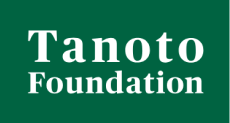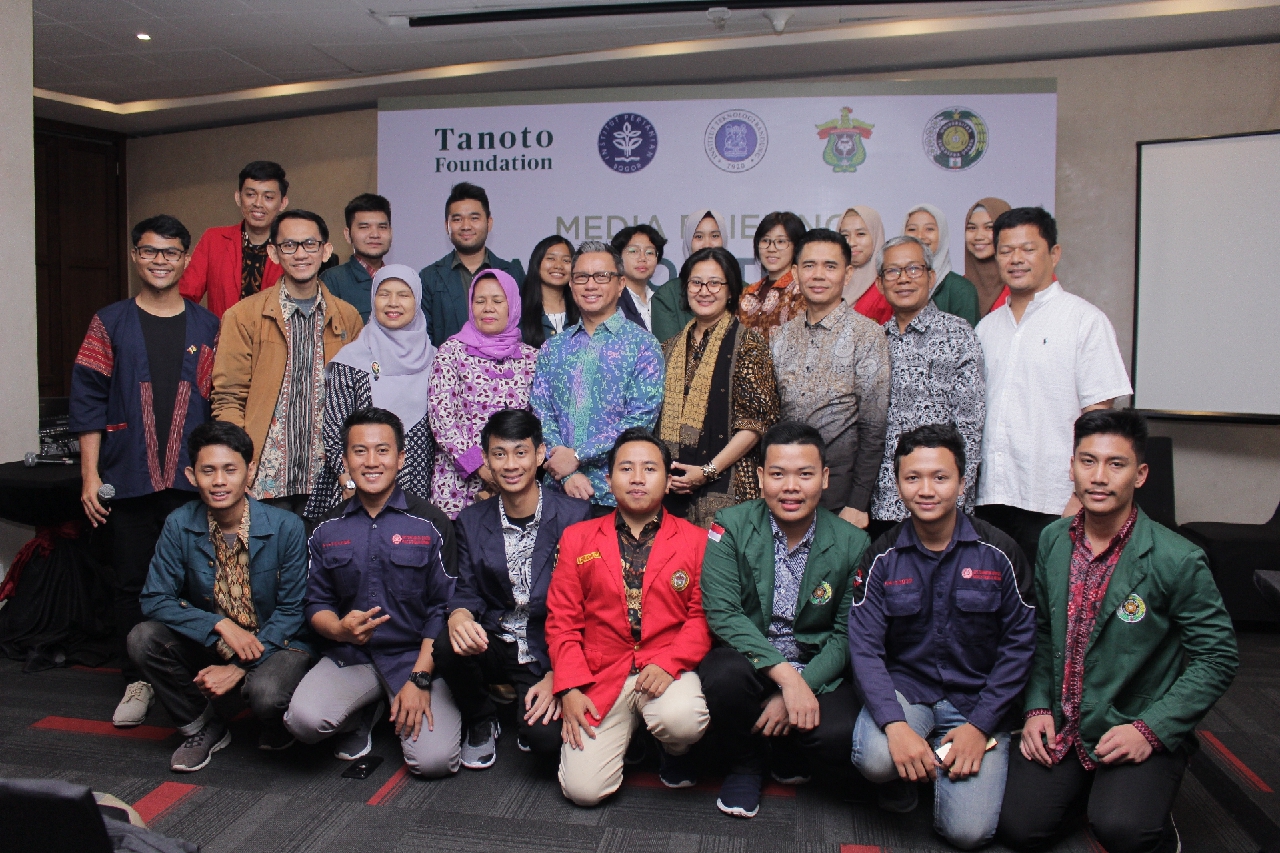Minister of Education and Culture Nadiem Makarim has established four main national education policies through “Merdeka Belajar” or “Freedom of Learning” program. In a media briefing in Jakarta on December 11th, 2019, Nadiem explained that “Freedom of Learning” consists of National Standardized School Examination (Ujian Sekolah Berstandar Nasional/USBN), National Examination (Ujian Nasional/UN), Learning Plan (Rencana Pelaksanaan Pembelajaran/RPP), and New Students Admission Regulation (Peraturan Penerimaan Peserta Didik Baru (PPDB) Zoning.
“Those four main policies will be our direction of learning, focusing on upgrading our human capital quality as instructed by the President and Vice President,” said Nadiem.
“Three of four components of ‘Freedom of Learning’ delivered by Minister Nadiem on December 11th have been implemented. Positive deviation has been carried out by doing a learning that does not always follow the text book published by the government but adheres to the curriculum,” explained Diannita Ayu Kurniasih, teacher of SDN 2 Sukorejo, Kendal, Central Java.
Diannita said that SDN 2 Sukorejo has carried out the assignment of fully activating the students’ ability in the last year. “It is proven to improve their ability as expected,” she explained.
Final assessment based on papers
The first component of “Freedom of Learning” is a final assessment process referring to USBN results. The assessment includes a written test, but also covers their portfolio, assignments, papers and other work. “This assessment has been carried out. We presented the students a working sheet containing activity and high order questions, not only asking them to answer questions,” Diannita explained. She said that in the working sheet, students are also encouraged to think critically, creatively and to solve everyday problems.
PISA based basic competencies
The second component is the UN’s direction on Minimum Competency Assessment and Character Survey. “We have been doing it. We even set literacy and numeric basic competencies as the benchmark of the program’s success. This benchmark is also implemented in TIMMS (Trends in International Mathematics and Science Study) and PISA (Programme for International Student Assessment).”
Simplifying Learning Plan
“In here, teachers are not burdened by standard Learning Plan. Otherwise, teachers have to focus on Learning Plan that engage the students in high order thinking skills. Assessment is also no longer complicated, only focus on what’s being assessed,” Diannita said.
She later explained, three out of four components from “Freedom of Learning” have been carried out in her school after they completed Program PINTAR training from Tanoto Foundation, an independent family philanthropy organisation founded by Sukanto Tanoto and Tinah Bingei Tanoto in 1981. “Teachers are invited to implement active learning components to their students by “MIKiR” (to experience, to interact, to communicate and to reflect) method. It results in the upgrade of students’ competencies as expected,” said Diannita.
This article is translated from Kompas.com.





